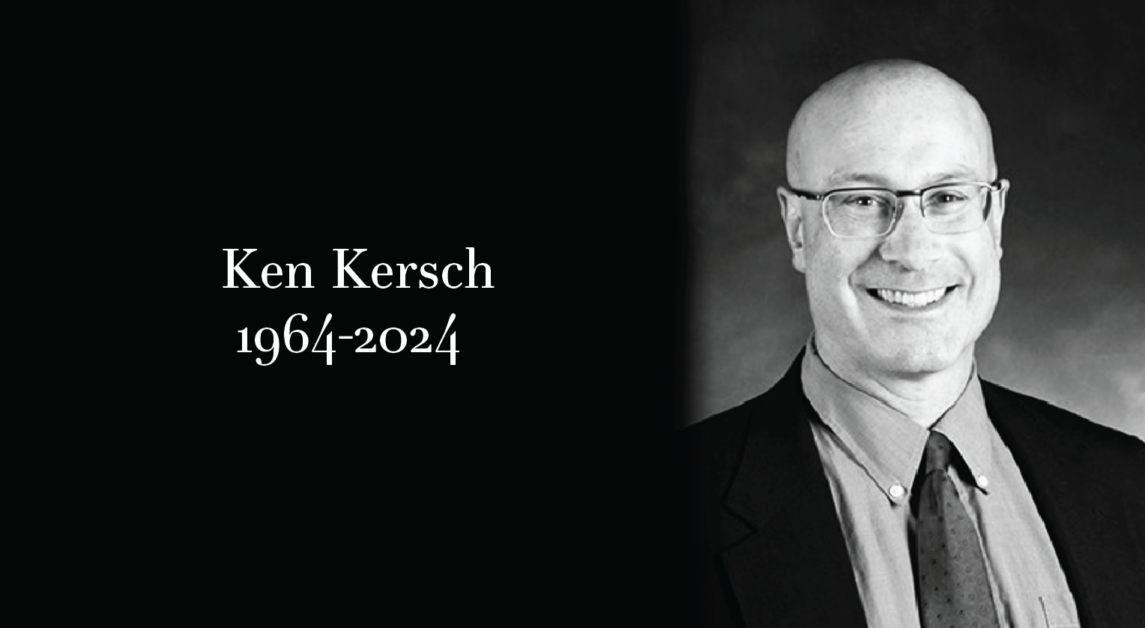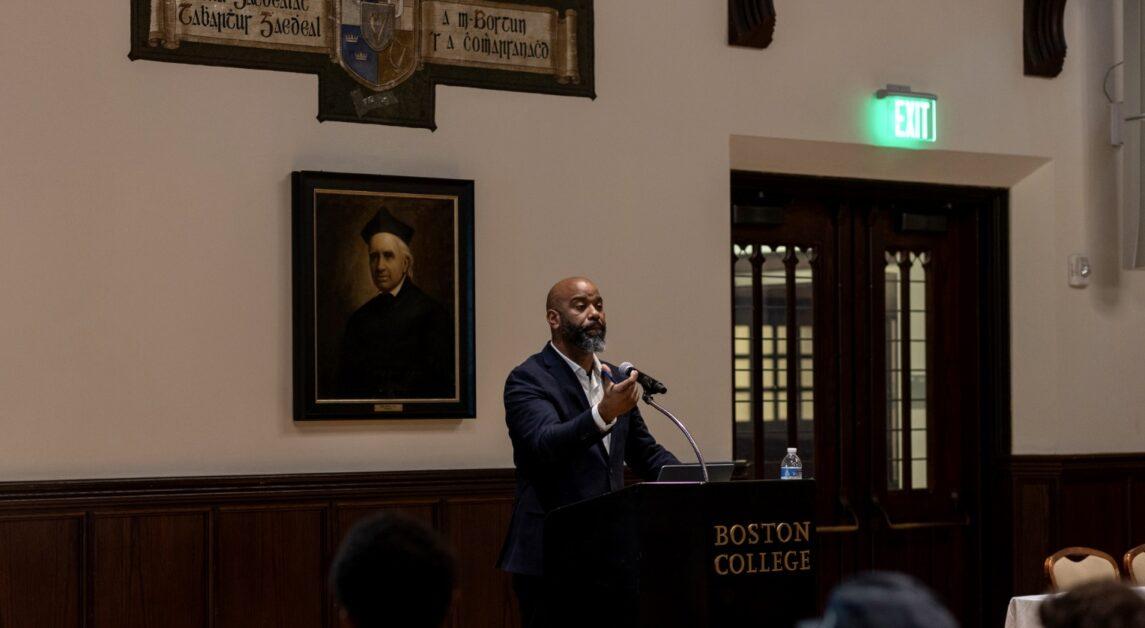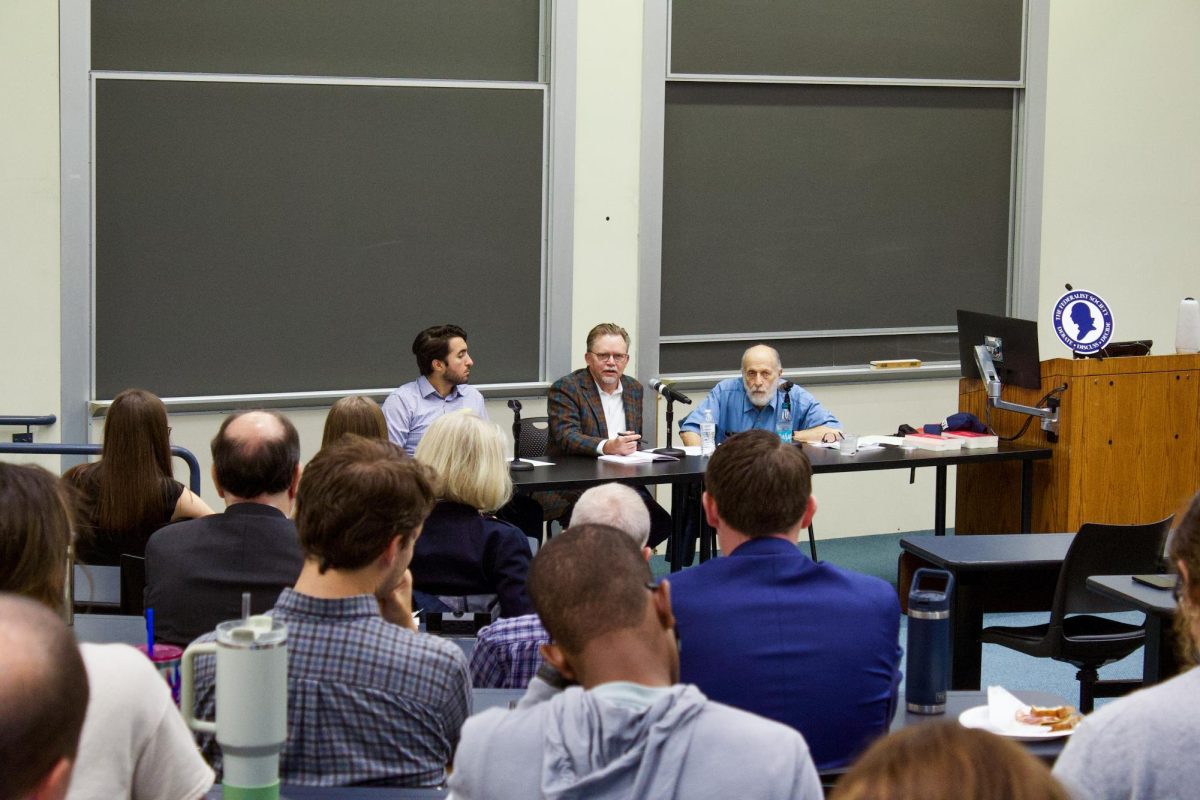Editor’s Note: This story is part of an ongoing series about the subpoenas of the Belfast Project.
After several years of legal entanglement over the Boston College-led Belfast Project-an oral history project documenting the sectarian conflict known as “The Troubles” in Northern Ireland-the University announced on Monday night that it will return all interviews collected during the project to interviewees upon request, so long as proper identification is presented, according to The Boston Globe.
The Belfast Project was organized by Executive Director of the Center for Irish Programs Thomas Hachey, then-Burns Librarian Robert O’Neill, Irish journalist Ed Moloney, and former Irish Republican Army (IRA) member and project interviewer Anthony McIntyre, who began conducting interviews for the project in 2001 and continued through 2006. Researchers sought to chronicle the period of political and social unrest between Northern Irish unionists who supported allegiance to the United Kingdom, and nationalists who pressed to join Northern Ireland with the Republic of Ireland, by interviewing former members of the IRA and other paramilitary groups.
In 2011, at the order of a Supreme Court ruling that the University must turn over all tapes relevant to the death of Jean McConville on the basis of a mutual legal assistance treaty (MLAT) between the U.S. and the United Kingdom-which maintains both countries act in full compliance with each other during criminal investigations-BC was forced to release a number of the project’s tapes to the Police Service of Northern Ireland (PSNI).
According to the Globe, project researchers had amassed a total of more than 200 interviews among 46 participants-26 former IRA members and 20 former members of the Ulster Volunteer Force, a loyalist paramilitary group- all of which will now be freely released from the library upon the interviewee’s request without additional copies, recordings, or transcripts being created or housed by the University. BC will continue to shield participants’ identities until their deaths.
Some [participants] are concerned about the possibility of prosecution,” University Spokesman Jack Dunn said in a statement to the Globe. “Some are concerned for their safety.” Although BC will keep no copies of the materials that participants request be returned, Dunn told the Globe that he hopes some part of the project will remain at BC and be used at some point in the future to “shed some light on the Troubles.”
“The regret comes from the selection of Ed Moloney as project director and Anthony McIntyre as IRA interviewer, given the extensive criticism that has been levied against them since the project was made public in 2010,” Dunn said.
BC’s decision came days after the arrest of Sinn Fein party leader Gerry Adams, who was the subject of a number of controversial Belfast Project interviews. Adams was brought in on questioning for the death of McConville but subsequently released without charges. He has since criticized the Belfast Project interviews for being biased against Sinn Fein, an accusation that Moloney has denied, according to the Globe.
In an effort to distance themselves from the project, five senior history professors at BC have signed an open letter declaring they had no knowledge of or involvement with the project, claiming that reports associating BC’s history department with the Belfast Project have been inaccurate, according to The Independent.
The signees are professor emeritus Peter Weiler, who served as department chair until 2003; current department chair Robin Fleming; and history professors James Cronin, Marilyn Johnson, and Alan Rogers.
“Successive department chairs had not been informed of the project, nor had they or the department been consulted on the merits of the effort or the appropriate procedures to be followed in carrying out such a fraught and potentially controversial venture,” the letter read.
“The project didn’t observe normal academic procedures into projects of oral history. Questions asked were often very leading, and there was no attempt at balance,” Weiler said to The Independent. “Where was the academic oversight? Was it a good idea to be interviewing people who were involved in actions considered to be criminal? Serious errors were made.”












